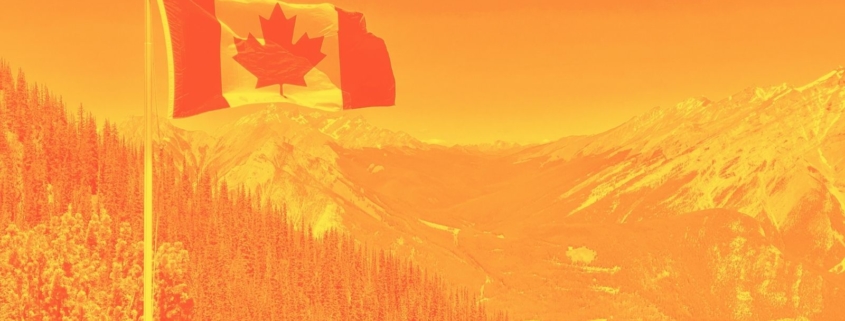How to Celebrate Canada Day
by Kerry Sauriol, Marketing Coordinator
Last year we all felt cheated out of our Canada Day fun thanks to COVID-19. This year feels even worse and for so many more reasons. The pandemic has dragged on for over a year now, despite advancements in vaccine distribution and slightly lower numbers here in BC. While we have not experienced the lockdown rules that many provinces and countries have endured, we are all still feeling a bit put out about the restrictions that have hampered many things that we all took for granted.
When my kids were small, one of my favourite places to take them to celebrate Canada Day was Queen’s Park in New Westminster. As an expat from the UK, it felt more British to my mom and myself. However, after living in Canada for over 40 years, I am fully aware of how loaded with a horrific history that feeling really is.
If an immigrant like myself is feeling overwhelmed by the news about the children at the Kamloops Indian Residential School, and the many graves still to be found across Canada, imagine the feelings of the Indigenous people who are once again having to face the facts of the intergenerational trauma that has been placed upon them to this day.
Over the last year and a bit COVID-19 has exposed the many inequities that the people of Canada face. This includes (but is certainly not limited to) access to healthcare, sick pay, work-at-home opportunities, lack of safe work environments, unemployment and the underhoused. The news surrounding these issues has been one bad story after the next. For a country that prides itself on equal opportunity, it’s hard (and controversial) for many to find anything to celebrate in all of that.
Then we all got more bad news: 215 bodies of children found in a mass grave at a residential school in Kamloops. And the numbers keep growing with 715 unmarked graves in Saskatchewan being announced on June 24. If this news was shocking and upsetting to the non-indigenous citizens of Canada, imagine how it feels to the First Nations people? As Alison Tedford, diversity, equity, and inclusion consultant, recently said in a Facebook post:
“It’s hard to celebrate a country where people in power don’t care what happened to people like you, like your grandparents, like your parents, like your sisters and cousins.”
So what do we do?
We listen. We learn.
At Reportex we are looking at how we can make sure we are walking the talk, especially when it comes to living our core values: team, mentorship, equality, community and industry. This may take the form of sensitivity training as part of our onboarding and an audit of our current diversity and inclusivity mandates. We also want to make sure that we as a legal service are inclusive and sensitive to the needs of our First Nations clients.
For the rest of us it means taking a long, hard look at what it means to be a Canadian and what we want it to mean moving forward. How do we make Canada a better place for all?
Part of it means becoming more aware of our own inherent biases and our blindspots when it comes to understanding what living in Canada is like for other people. We need to be able to have the uncomfortable conversations and make the effort to uncover the truths of how this country was built and the cost to those who were here already.
In an article for VancouverMom.ca Alison said:
“I believe the key to reducing and, ideally, eliminating racism and race-based violence is increasing understanding of each other. It’s easy to lash out at groups of nameless, faceless people who are different from you. Familiarity can reduce the tendency to lump people in as ‘others.’ When we make room in our circle for people who are different from us, we expand our circle of responsibility for each other and leave less room for hate.”
So while we do have many reasons to celebrate being Canadian today, we can also spend some time getting to know more about the people whose land we now exist upon:
- Find out whose traditional territory you live on by visiting native-land.ca.
- Read about the Truth and Reconciliation Commission of Canada and its 94 calls to action.
- Use your day off to visit the Museum of Anthropology or the Squamish Lil’wat Cultural Centre.
We need to own the discomfort that these new revelations and the many other atrocities put upon the First Nations people of Canada and sit with them so we can reconcile all the negative aspects of our Canada with the positives that have made this country great. We can then take that knowledge and move forward with the goal of making this place better for all who live here.



